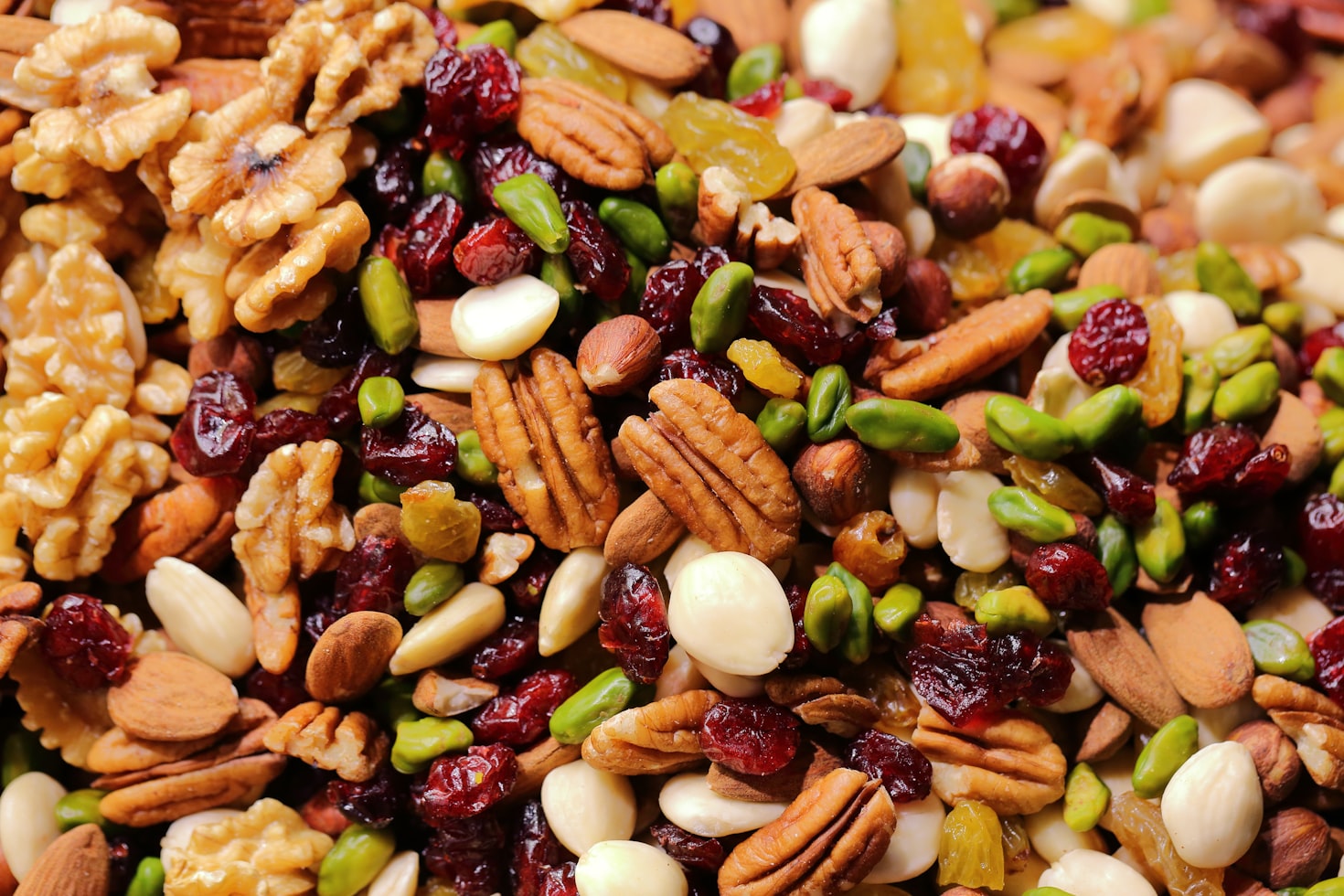What Is The Difference Between Keto Diet And Atkins
The ketogenic diet (keto) and the Atkins diet are two popular low-carbohydrate diets that have gained significant attention in recent years. Both diets aim to promote weight loss and improve overall health by reducing carbohydrate intake. While they share some similarities, there are key differences between the two approaches. In this article, we will explore the differences between the keto diet and the Atkins diet, their benefits, potential risks, and how they affect the body.
1. Understanding the Keto Diet
The ketogenic diet is a high-fat, low-carbohydrate diet that has been used for decades to treat epilepsy in children. It involves drastically reducing carbohydrate intake and replacing it with fat. The goal is to enter a state of ketosis, where the body starts using fat as its primary source of fuel instead of carbohydrates.
When following a keto diet, the macronutrient breakdown typically consists of 70-75% fat, 20-25% protein, and 5-10% carbohydrates. This strict restriction of carbohydrates forces the body to burn fat for energy, leading to weight loss.
2. Understanding the Atkins Diet
The Atkins diet, developed by Dr. Robert Atkins in the 1960s, is another low-carbohydrate diet that focuses on weight loss and overall health improvement. It consists of four phases: induction, balancing, fine-tuning, and maintenance.
The induction phase is the most restrictive, allowing only 20 grams of carbohydrates per day. As the diet progresses, more carbohydrates are gradually reintroduced. The Atkins diet emphasizes high protein intake and allows for a wider range of food choices compared to the keto diet.
3. Key Differences Between Keto and Atkins
While both the keto diet and the Atkins diet restrict carbohydrate intake, there are several key differences between the two:
- Carbohydrate Intake: The keto diet typically limits carbohydrate intake to 20-50 grams per day, while the Atkins diet allows for a gradual increase in carbohydrate consumption over time.
- Protein Intake: The keto diet emphasizes moderate protein intake, while the Atkins diet encourages higher protein consumption.
- Fat Intake: The keto diet requires a high intake of healthy fats, such as avocados, nuts, and olive oil. The Atkins diet also includes healthy fats but allows for a wider range of fat sources.
- Phases: The Atkins diet consists of four phases, while the keto diet does not have specific phases.
4. Benefits of the Keto Diet
The keto diet has gained popularity due to its potential benefits:
- Weight Loss: By reducing carbohydrate intake and increasing fat consumption, the keto diet can lead to significant weight loss.
- Improved Insulin Sensitivity: The keto diet may help improve insulin sensitivity and blood sugar control, making it beneficial for individuals with type 2 diabetes.
- Reduced Inflammation: Some studies suggest that the keto diet may reduce inflammation in the body, which is linked to various chronic diseases.
5. Benefits of the Atkins Diet
The Atkins diet also offers several potential benefits:
- Weight Loss: Similar to the keto diet, the Atkins diet can lead to weight loss by restricting carbohydrate intake.
- Improved Heart Health: The Atkins diet has been shown to improve markers of heart health, including cholesterol levels and blood pressure.
- Increased Satiety: The higher protein intake in the Atkins diet can help increase feelings of fullness and reduce overall calorie intake.
6. Potential Risks and Considerations
While both the keto diet and the Atkins diet have potential benefits, they also come with certain risks and considerations:
- Nutrient Deficiencies: Severely restricting carbohydrate intake may lead to nutrient deficiencies, particularly in vitamins and minerals found in fruits, vegetables, and whole grains.
- Keto Flu: When transitioning to a keto diet, some individuals may experience symptoms known as the “keto flu,” including fatigue, headache, and nausea.
- Long-Term Sustainability: Both diets can be challenging to sustain in the long term due to their restrictive nature, which may lead to difficulty adhering to the diet and potential weight regain.
FAQs
1. Can I follow the keto or Atkins diet if I am a vegetarian?
Yes, it is possible to follow both the keto and Atkins diets as a vegetarian. However, it may require careful planning to ensure adequate protein and fat intake while limiting carbohydrates. Plant-based protein sources such as tofu, tempeh, and seitan can be incorporated into the diet.
2. Are there any potential side effects of the keto or Atkins diet?
Some individuals may experience side effects when starting the keto or Atkins diet, commonly known as the “keto flu.” These side effects may include fatigue, headache, dizziness, and nausea. However, they are usually temporary and can be minimized by staying hydrated and ensuring adequate electrolyte intake.
3. Can the keto or Atkins diet be used for long-term weight maintenance?
While the keto and Atkins diets can be effective for short-term weight loss, they may be challenging to sustain in the long term. The restrictive nature of these diets may make it difficult to adhere to them consistently, potentially leading to weight regain. It is important to find a sustainable eating plan that promotes overall health and can be maintained in the long run.
4. Are there any medical conditions that may be affected by the keto or Atkins diet?
Individuals with certain medical conditions, such as pancreatitis, liver disease, or gallbladder disease, should consult with their healthcare provider before starting the keto or Atkins diet. These diets may not be suitable for everyone, and personalized guidance is essential.
5. Can the keto or Atkins diet improve athletic performance?
While the keto and Atkins diets have been studied for their potential benefits in certain athletic populations, such as endurance athletes, the impact on overall athletic performance may vary. Some individuals may experience a decrease in performance during the initial adaptation phase due to the body’s transition from using carbohydrates to fat as fuel. However, long-term adaptation may lead to improved endurance in some athletes.
6. Can I consume alcohol while following the keto or Atkins diet?
Al





